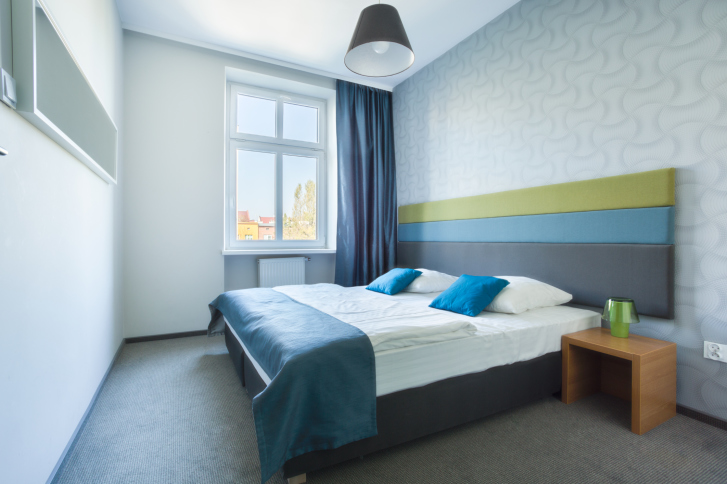Mortgage Tips for Empty Nesters: Downsizing and Relocating
 So you are soon to be an empty nester! With the kids flown from the nest, it’s your time to welcome a new chapter of freedom and flexibility. Whether you’re looking to downsize to a cozier space or relocate to your dream destination, navigating the mortgage landscape can seem overwhelming. There is no need to fear! We’ve got you covered with some invaluable tips tailored to meet the unique needs of empty nesters like you.
So you are soon to be an empty nester! With the kids flown from the nest, it’s your time to welcome a new chapter of freedom and flexibility. Whether you’re looking to downsize to a cozier space or relocate to your dream destination, navigating the mortgage landscape can seem overwhelming. There is no need to fear! We’ve got you covered with some invaluable tips tailored to meet the unique needs of empty nesters like you.
Assess Your Financial Situation: Before diving into the world of mortgages, take a close look at your financial picture. Consider your retirement savings, investment portfolios, and any outstanding debts. Understanding your financial health will help you determine how much house you can comfortably afford in this next phase of life.
Rightsize Your Home: Downsizing doesn’t just mean saying goodbye to extra bedrooms; it’s about finding a home that fits your new lifestyle. Think about your priorities—are you craving a low-maintenance condo or a cozy cottage? Downsizing can also mean reducing your monthly expenses, so consider the long-term financial benefits of a smaller home.
Explore Mortgage Options: With fewer dependents and a potentially lower income, empty nesters may find themselves in a different financial situation than when they first purchased their home. Take advantage of mortgage options tailored to your needs, such as a fixed-rate mortgage for stability or an adjustable-rate mortgage for flexibility. Compare interest rates and loan terms to find the best fit for your budget and timeline.
Consider Location and Lifestyle: As empty nesters, you have the freedom to choose where you want to live and how you want to spend your time. Whether you’re drawn to a bustling city center, a serene beach town, or a quiet suburban neighborhood, consider how your new location will impact your lifestyle and finances. Factor in property taxes, homeowners association fees, and the cost of living when making your decision.
Plan for the Future: Downsizing and relocating are significant life changes, so it’s essential to plan for the future. Think about how your housing needs may evolve as you age and consider factors like accessibility, healthcare services, and proximity to family and friends. Planning can help ensure that your new home remains a comfortable and sustainable choice for years to come.
Consult with a Financial Advisor: When it comes to major financial decisions like buying a new home, it’s always wise to seek professional advice. A financial advisor can help you evaluate your options, create a personalized financial plan, and navigate the mortgage process with confidence.
Downsizing and relocating as empty nesters can be an exciting opportunity to embrace a simpler, more fulfilling lifestyle. By carefully considering your financial situation, exploring mortgage options, and planning for the future, you can make a smooth transition to your next chapter of homeownership.
 If you plan on retiring in the near future, you might be thinking about moving. The kids might be grown, and you might not want to take care of such a large house. If that is the case, you should consider downsizing. When you downsize your home, you trade in your larger home for a smaller one. What are some of the top reasons why you should do so?
If you plan on retiring in the near future, you might be thinking about moving. The kids might be grown, and you might not want to take care of such a large house. If that is the case, you should consider downsizing. When you downsize your home, you trade in your larger home for a smaller one. What are some of the top reasons why you should do so? If you’re moving from a large home into a smaller house or condo, you’re probably looking forward to enjoying a lower utility bill and not having to do as much cleaning. But before you move, you’ll want to take certain precautions to ensure that you’re not overwhelmed.
If you’re moving from a large home into a smaller house or condo, you’re probably looking forward to enjoying a lower utility bill and not having to do as much cleaning. But before you move, you’ll want to take certain precautions to ensure that you’re not overwhelmed.